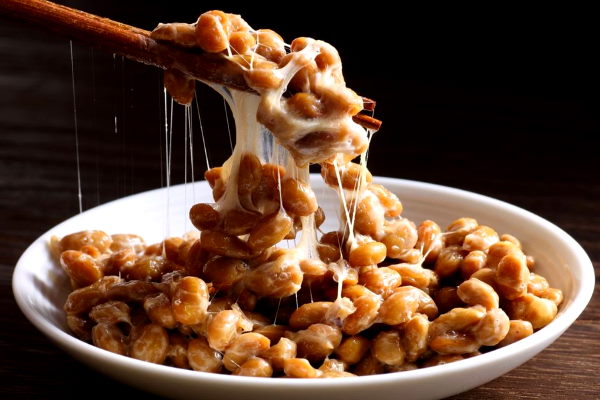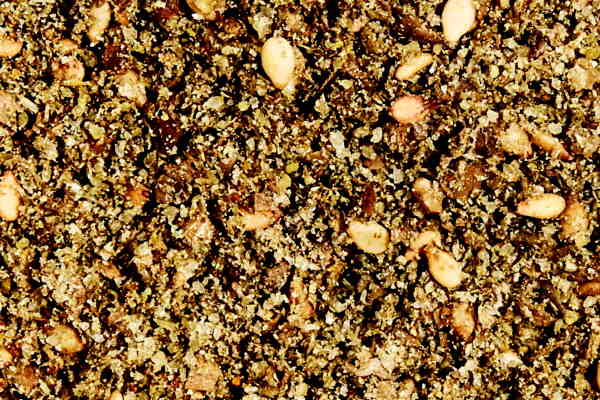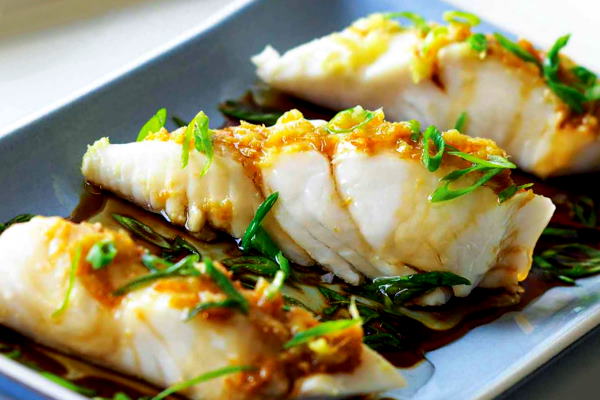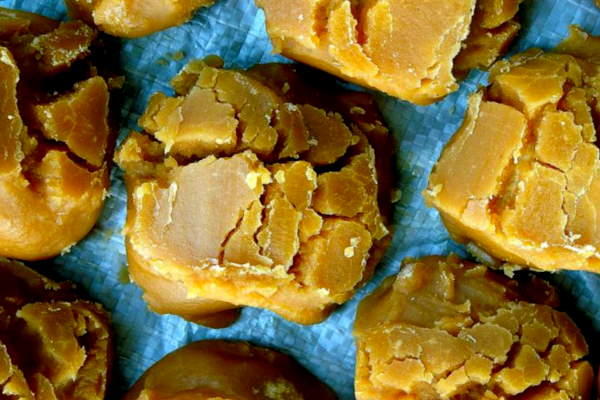
Can Babies Eat Kimchi?
Kimchi is a staple food in Korea. It is a popular traditional side dish consisting of salted and fermented vegetables, like napa cabbage or Korean radish, prepared with different seasonings like gochugaru, garlic, ginger or spring onions. There exist hundreds of versions of kimchi made with various vegetables as their main ingredient.
The origins of kimchi are in Korea, where people used “kimchi refrigerators” to store vegetables throughout all seasons. They were stored in-ground in large earthenware to prevent vegetables to freeze during winter, and to be kept cool in the summer.
Kimchi is low in calories, but high in iron, vitamins B6, C and K. Kimchi helps digestion due to the probiotics gotten from the fermentation of vegetables. It aids the immune system thanks to the high levels of vitamin C. The sodium levels in kimchi are usually high, this might lead to high blood pressure, and in the case of babies, salt is not healthy and not recommended.
Cab Babies Eat Kimchi?
Small amounts of kimchi can be introduced into your baby’s diet, once she starts eating solid food, at the age of 6 months old. But babies in general are more ready to give a try to more flavored foods later on, at the age of 8-9 months. Kimchi recipes contain anchovy or other types of salted seafood, and mustard greens, which represent a common allergen in the case of babies.
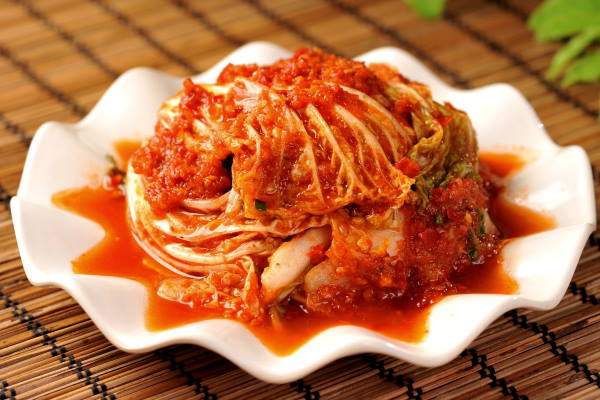
Kimchi With Coconut Rice
Ingredients: small pinch of kimchi, 2 cups of long grain rice, 1 can of coconut milk, 1 ½ cups of water.
Rinse the rice, until the water below runs very clear. Heat up the coconut milk, water and rice in a pot and bring to boil. Reduce the heat and simmer, covered, for about 20 minutes. Rinse the pinch of kimchi. The longer you rinse it, the less salty and spicy will it be. Chop the kimchi and mix together with the boiled rice.
FAQ
What is kimchi?
Kimchi is a staple food in Korea. It is a popular traditional side dish consisting of salted and fermented vegetables, like napa cabbage or Korean radish, prepared with different seasonings like gochugaru, garlic, ginger or spring onions.
How healthy is kimchi?
Kimchi is low in calories, but high in iron, vitamins B6, C and K. Kimchi helps digestion due to the probiotics gotten from the fermentation of vegetables. It aids the immune system thanks to the high levels of vitamin C.
When can you start giving kimchi to your baby?
Small amounts of kimchi can be introduced into your baby’s diet, once she starts eating solid food, at the age of 6 months old. But babies in general are more ready to give a try to more flavored foods later on, at the age of 8-9 months.
The risks of giving kimchi to your baby?
Kimchi recipes contain anchovy or other types of salted seafood, and mustard greens, which represent a common allergen in the case of babies.
